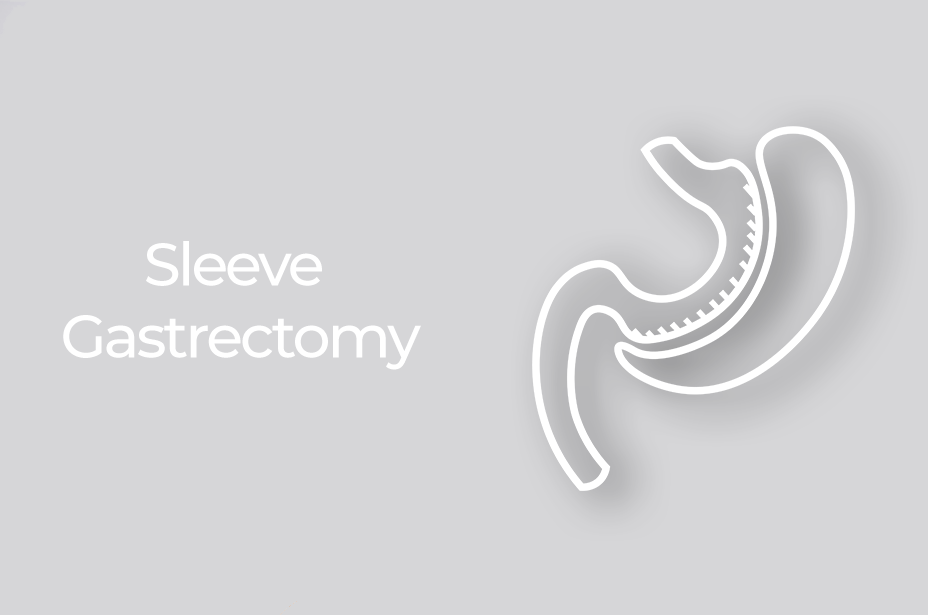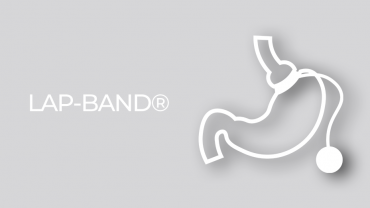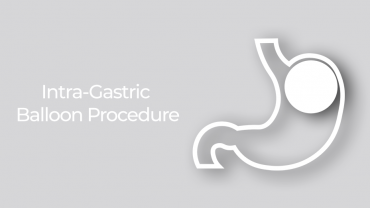The Sleeve Gastrectomy is an operation in which the left side of the stomach is surgically removed. This results in a new stomach which is roughly the size and shape of a banana. Since this operation does not involve any “rerouting” or reconnecting the intestines, it is a simpler operation than the gastric bypass or the duodenal switch. Unlike the Lap-Band® procedure, the sleeve Gastrectomy does not require the implantation of an artificial device inside the abdomen avoiding the need for fills. Because the new stomach continues to function normally there are far fewer restrictions on the foods which patients can consume after surgery, however the quantity of food eaten will be considerably reduced. This is seen by many patients as being one of the great advantages of the sleeve Gastrectomy, as is the fact that the removal of the majority of the stomach also results in the virtual elimination of hormones produced within the stomach which stimulate hunger. For patients with a body mass index greater than 60, the sleeve gastrectomy may be the first part of a two-stage operation.
Some patients have a body shape that can make a bariatric surgery more technically difficult – particularly those patients who carry their weight in their belly. If you fall into this category, you may benefit from a two-stage bariatric surgery. In the staged approach, a multi-step operation like the gastric bypass is broken down into two simpler and safer operations. In the first stage, a sleeve gastrectomy is performed. This allows a patient to lose 80 to 100 pounds or more, making the second part of the operation substantially safer. Low BMI individuals who should consider this procedure include: Those who are concerned about the potential long term side effects of an intestinal bypass such as intestinal obstruction, ulcers, anemia, osteoporosis, protein deficiency and vitamin deficiency.
Those who are considering a Lap-Band® but are concerned about a foreign body inside the abdomen. Those who have medical problems that prevent them from having weight loss surgery such as anemia, crohn’s disease, extensive prior surgery, and other complex medical conditions. People who need to take anti-inflammatory medications may also want to consider this. Usually, these medications need to be avoided after a gastric bypass because the risk of ulcer is higher.
What advantages does it have?
- It does not require disconnecting or reconnecting the intestines
- It is a technically simpler operation than the gastric bypass or the duodenal switch
- There is no foreign body inside your body
- It does not need adjustments or fills
- It may be a safer operation for patients with a body mass index (BMI) more than 60. It may be used as the first stage of a 2-stage operation.
Risks and Complications
- As with any surgery, there can be complications. This list can include:
- Deep vein thrombophlebitis 0.5%
- Non-fatal pulmonary embolus 0.5%
- Pneumonia 0.2%
- Acute respiratory distress syndrome 0.25%
- Splenectomy 0.5%
- Gastric leak and fistula 1.0%
- Postoperative bleeding 0.5%
- Small bowel obstruction 0.0%
- Death 0.25%





